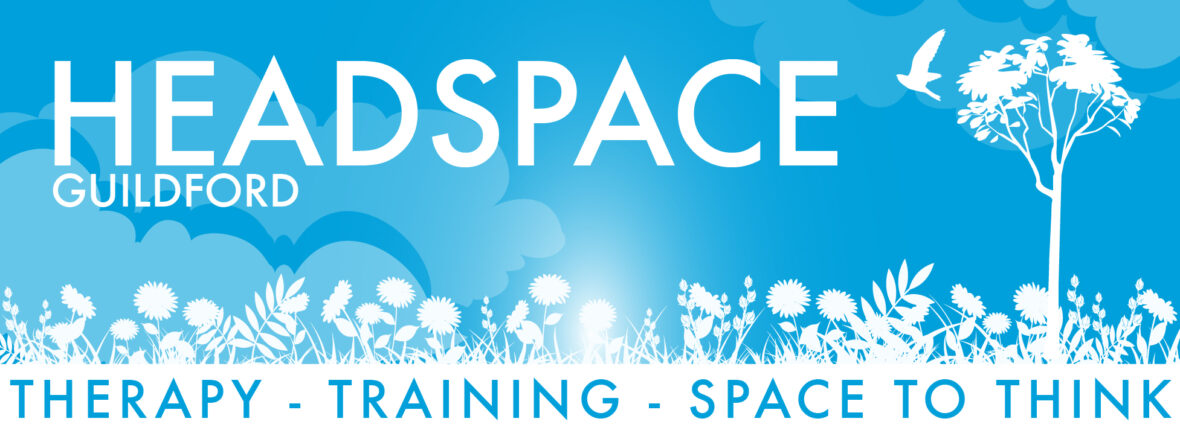Today’s blog was written by our excellent Assistant Psychologist Gemma Darling. Gemma has been integral to the design and setting up of our autism assessment pathway.
Here at Headspace Guildford we have many years of experience supporting children with a diagnosis of autism, who are neurodiverse or who think they may be on the autistic spectrum. We recently have also started carrying out autism assessments because we kept meeting families who were wondering if an assessment might help things fall into place for them. We have a view of autism that unfortunately isn’t shared by all in society. One small step at a time we hope to change society’s view of autism for the better.
When designing our autism assessment pathway, we consulted the best practise guidance from the National Institute for Health and Care Excellence (NICE). However, we came to the realisation that this guidance is very much focused on the difficulties that autistic people can have. For example, according to the NICE guidelines autistic people must have deficits in social communication and social interactions as well as restricted, repetitive and inflexible patterns of behaviour, interests and activities. We recognise that by purely focusing on the difficulties, it doesn’t accurately represent the autistic children that we come into contact with at our practise. What about their amazing creativity? Their exceptional attention for detail? Their outstanding knowledge for certain subjects? Just like everybody else, whilst autistic people do have difficulties, they also have so many strengths.
Not only does purely focusing on the difficulties not accurately represent autistic people, but it also feeds into the stigma that autism is a bad thing that could and should be cured. This can force autistic people to mask their difficulties which is not only exhausting but also damaging to the individuals. Our view is in fact quite the opposite. Autism is a neurodevelopmental condition which simply means the brains of autistic people function in a different way to non-autistic people causing them to see and respond to the world differently: not worse, not better, just differently. Society should accept everyone, regardless of whether they view the world differently.
We designed our autism assessment pathway with the above in mind. We do follow the NICE best practise guidance, so we will ask you about your child’s difficulties, but we are equally interested in your child’s many strengths. Therefore, we will also ask you about these.
Before you even start on the pathway, we’ll have conversations about whether a diagnosis is helpful for your child and your family. We’ll think about what value it might bring.
Also we don’t just provide autism assessments with the intention of giving your child a diagnosis of autism if they meet the criteria (diagnosis-driven). We provide autism assessments with the intention of understanding your child in an individualised way in their own context (formulation-driven) in order to best understand how your child can be supported. Regardless of whether we give your child a diagnosis of autism or not, we will provide a comprehensive list of recommendations in order for your child to be best supported. This involves recommendations to help your child’s schools understanding and support around autism.
We don’t want you to ever feel the problem is with your child; instead the problem is with the views of others in society. Autism may be one of the last great stigmas that we as a society must overcome, but one small step at a time, at Headspace Guildford are doing our bit to overcome this.
